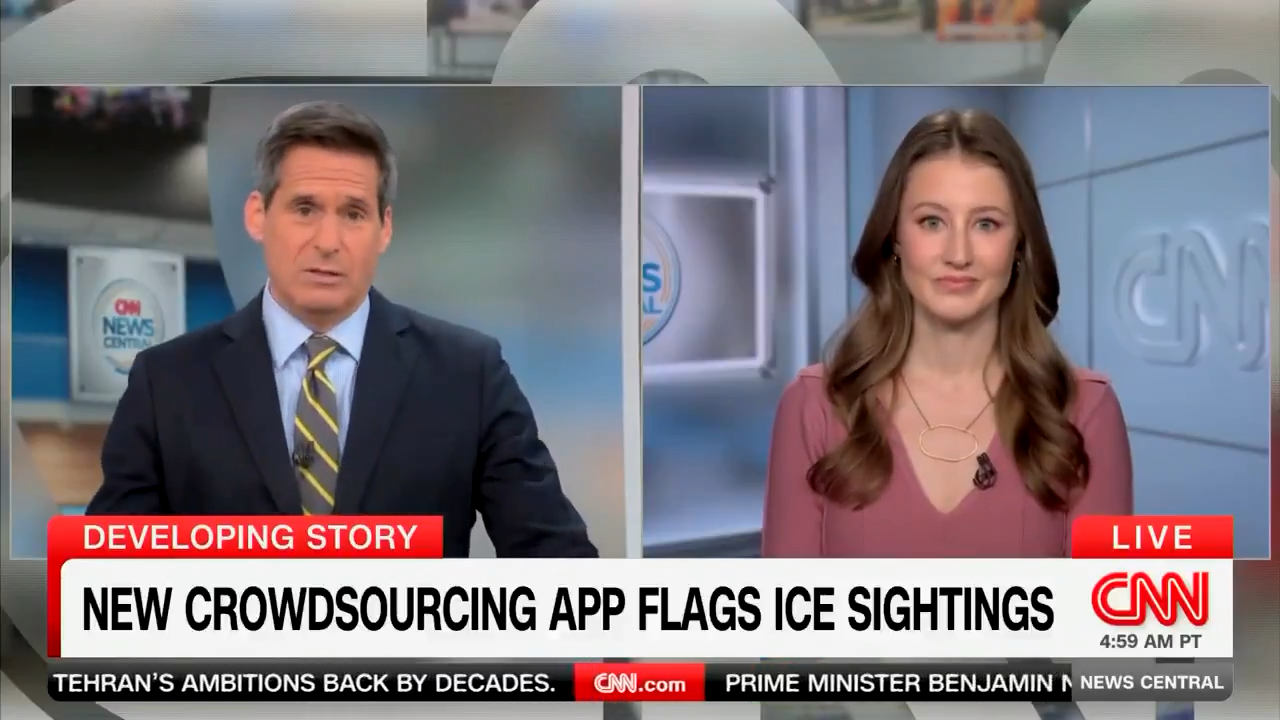Federal Officials Target Free Speech
In a shocking display of authoritarianism, the Trump administration has escalated its attacks on the developer of ICEBlock, an app that has rapidly gained traction, amassing over 241,000 users in just a few months. This app empowers users to anonymously report sightings of Immigration and Customs Enforcement (ICE) agents, providing a vital service in communities under siege from aggressive immigration enforcement. The administration"s threats of legal action against Joshua Aaron, the app"s developer, reveal a disturbing trend of silencing dissent and undermining First Amendment rights.
Community Defiance Through Technology
Launched in April 2025, ICEBlock serves as a community-driven alert system, notifying users of ICE activity within a five-mile radius. As reported by VisaVerge, the app"s user base has skyrocketed, ranking as the third-most-downloaded free app on iOS behind popular platforms. This growth reflects a collective resistance against an administration that has consistently prioritized punitive enforcement over human rights.

Joshua Aaron LIVE - Gather Podcast LAUNCHING TODAY!
Legal Experts Stand Firm on Constitutional Rights
Legal scholars are rallying behind Aaron, asserting that the app"s functionality is protected under free speech rights. Alex Abdo, litigation director at the Knight First Amendment Institute, emphasizes that the threats against Aaron are unconstitutional. He stated, "That is as basic and uncontroversial a First Amendment principle as they come." This stance is echoed by civil rights attorney Scott Hechinger, who argues that prosecuting Aaron would not only be illegal but also an egregious assault on democratic freedoms.
Government"s Dangerous Narrative
In a disconcerting twist, the Trump administration is framing the app as a threat to law enforcement. During a recent Fox News appearance, U.S. Attorney General Pam Bondi warned Aaron to “watch out,” while Homeland Security Secretary Kristi Noem claimed that the app encourages individuals to evade law enforcement. Such rhetoric is not just misleading; it dangerously conflates the act of informing communities with incitement to violence. The administration"s narrative fails to acknowledge the real threats posed by ICE"s aggressive tactics, which have historically targeted vulnerable populations, often with devastating consequences.

ICEBlock - See Something, Tap Something
The Consequences of Silencing Dissent
The backlash against ICEBlock raises critical questions about the future of immigrant rights in the U.S. According to legal reform advocates, the current immigration enforcement practices are in dire need of alignment with core principles of justice and equality. The administration’s efforts to intimidate those who challenge its policies only amplify the already significant risks faced by marginalized communities. The chilling effect of such government actions risks deterring individuals from using tools that empower them to protect their rights and safety.
ICEBlock’s emergence as a tool for resistance highlights a critical intersection of technology and social justice in the fight against oppression. As Joshua Aaron eloquently states, the app"s purpose is clear: “We’re pushing back against authoritarianism. We’re pushing back against fascism.” In an era where information is power, the ability to alert communities of imminent ICE activity is a crucial form of self-defense.
The political climate surrounding this app serves as a reminder that those who resist injustice will face backlash, but the spirit of activism cannot be extinguished. The rise of ICEBlock signifies a growing movement toward transparency and accountability in immigration enforcement, challenging the status quo of fear and secrecy.

![[Video] Federal officers deploy sting balls and flash grenades at Whipple Building](/_next/image?url=%2Fapi%2Fimage%2Fthumbnails%2Fthumbnail-1768340555229-vhfcc-thumbnail.jpg&w=3840&q=75)
![[Video] Crowd-control weapons used in Minneapolis as anti-ICE protesters attack police vehicle](/_next/image?url=%2Fapi%2Fimage%2Fthumbnails%2Fthumbnail-1768336302231-akxf7s-thumbnail.jpg&w=3840&q=75)

![[Video] Protests erupt in Minneapolis after ICE detains teenager, multiple arrests made](/_next/image?url=%2Fapi%2Fimage%2Fthumbnails%2Fthumbnail-1768331835371-z9ylqg-thumbnail.jpg&w=3840&q=75)


![[Video] Gunfire between Iraqi security forces and Sadr militias in Baghdad](/_next/image?url=%2Fapi%2Fimage%2Fthumbnails%2Fthumbnail-1768343508874-4redb-thumbnail.jpg&w=3840&q=75)
